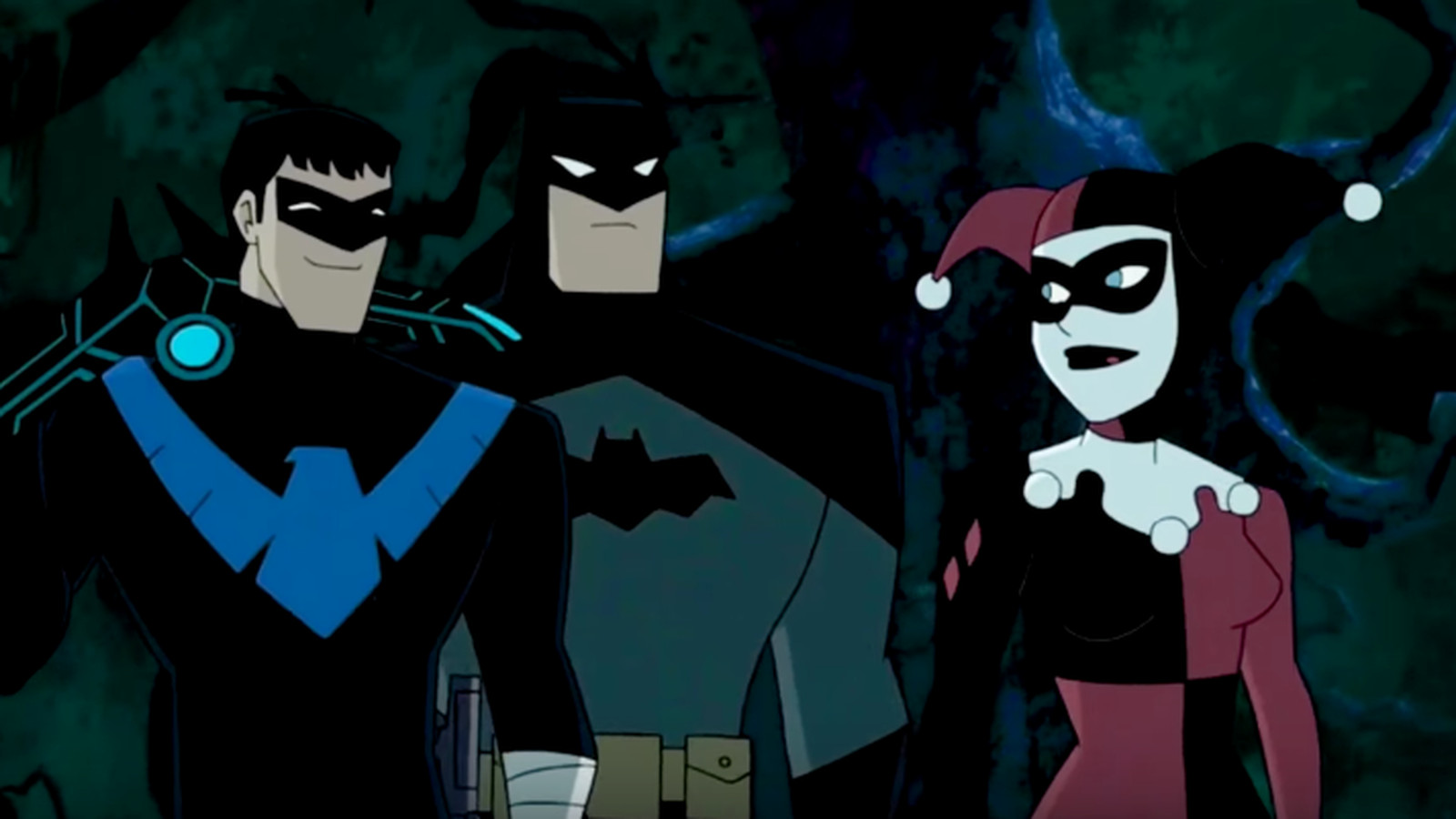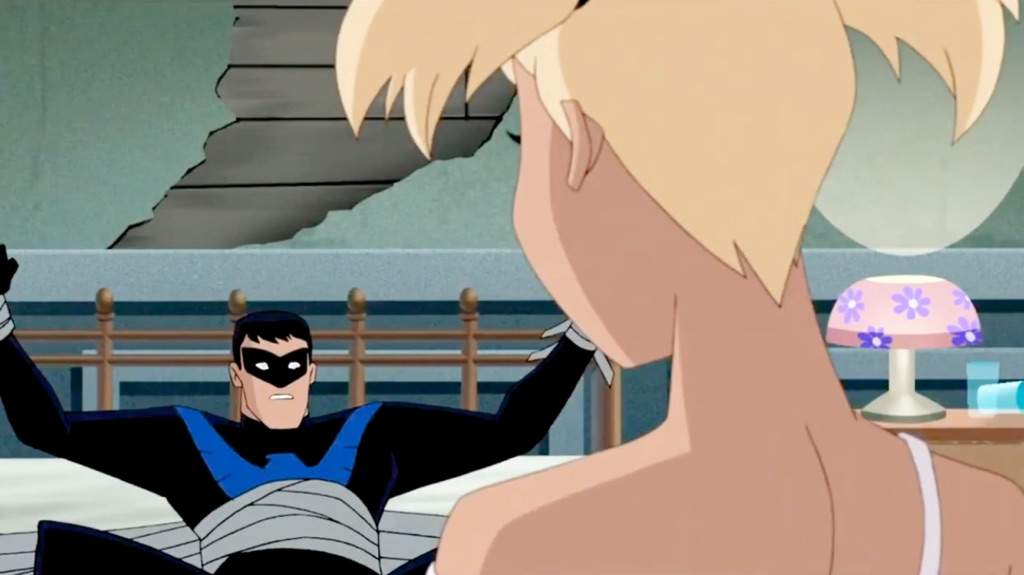This week, Batman and Harley Quinn made its way to theaters in a one night only Fathom Event before its home release. The movie has issues. It’s tonally inconsistent, the music is distracting and all over the place, and it never knows if it wants to be like the 1990’s cartoon or the 1960’s live action. Sure, the voice cast is excellent, and some of the humor is great even if they rely on sexual innuendo too often. But there is one fundamental problem with the movie that makes it even more frustrating: it completely misses the boat on the relationship between Harley Quinn and Poison Ivy.
Some slight spoilers ahead.
In the comics, the romantic relationship between the two reformed villains is firmly placed in cannon. They’re a great couple, and they seem to bring out the more heroic qualities in each other. DC even fully explained their relationship:
Yes, they are Girlfriends without the jealousy of monogamy. @jpalmiotti @AmandaRantsAlot #HarleyQuinnChat https://t.co/n86jApADCi
— DC (@DCComics) June 12, 2015
But in Batman and Harley Quinn, this relationship is nowhere to be seen. In the movie, they’re nothing more than “BFFs,” and for this film, that doesn’t work for a number of reasons.
The first issue is the humor of the movie. There are a lot of sex jokes. Even Batman cracks a few sex jokes. It fits Harley; she’s always been a sexual character. However, more than a few of those jokes involve homosexuality. She teases Nightwing that she always figured he and Batman never liked girls. One joke hints at Sgt. Steele doing something homosexual for “therapy reasons.” Okay, so there gay jokes. What’s the problem? Well, without exploring a legitimate queer relationship in the story, they end up feeling like outdated “I’m not gay” jokes from Seinfeld. The only thing missing is Nightwing following his defense with “not that there’s anything wrong with that.” These jokes could have worked if they led to something.

Which brings us to the next issue. The movie didn’t shy away from queer ideas, even beyond jokes. There are scenes where you see people of the same sex dancing, passersby holding hands, etc. There’s a lot of these “blink and you’ll miss it” moments, but they exist in the film’s universe. Gotham, as presented in Batman and Harley Quinn, has a normalized queer culture—except for the superheroes.
And then the sexuality. There is an entire subplot of Harley Quinn and Nightwing hooking up, and eventually coming to respect each other even if they don’t continue as lovers—a subplot complete with a vibrator joke. Harley tells him she’ll give him a call if she “runs out of batteries.”

But the sexual scenes between them are not coy. Harley strips in front of him, teases him, ties him to a bed, and is very sexually aggressive to the point where it looks like she’s going to rape him, but Nightwing says “don’t get me wrong, I want to” and becomes consenting while she’s naked on top of him. It’s a PG-13 movie, and the filmmakers utilized the rating as far as they could.

So, there’s sexuality and queer ideas all throughout the movie. But not for Harley Quinn and Poison Ivy. When they finally get to their climactic scene, they’re just friends. There’s no mention of a relationship. It’s one of the most wasted opportunities in the movie. The relationship between these two women has become a part of part of DC’s pop culture. Fans cheer them more than they do Harley and Joker. DC Animation has the perfect opportunity, using the style of the 1990’s animated series, to make Ivy and Harley’s romance a part of the beloved cartoon’s canon. It felt like they were using all of these jokes and images mentioned before to build up to show them as more than friends.
And then they didn’t. It makes all “gay jokes” insulting. The images of same-sex couples seem more pandering instead of being part of a community in Gotham. We didn’t need to see them get physical. We didn’t need an animated lesbian sex scene. We just needed a little more than the two of them hugging. Instead of Nightwing calling Ivy her “BFF,” he could have called her “your girlfriend.” Harley could have mentioned their love for each other. They could have shared a small kiss. They just needed SOMETHING. But when the time came, it felt like the filmmakers balked and decided not to “go there”—but left all the buildup to it.

The only good thing that might come out of this failed opportunity is that, if Margo Robbie brings Harley’s sexuality into Gotham City Sirens, it will have an even bigger impact. Robbie and whoever is cast to play Poison Ivy can give us the antihero couple that deserves a big screen debut.

